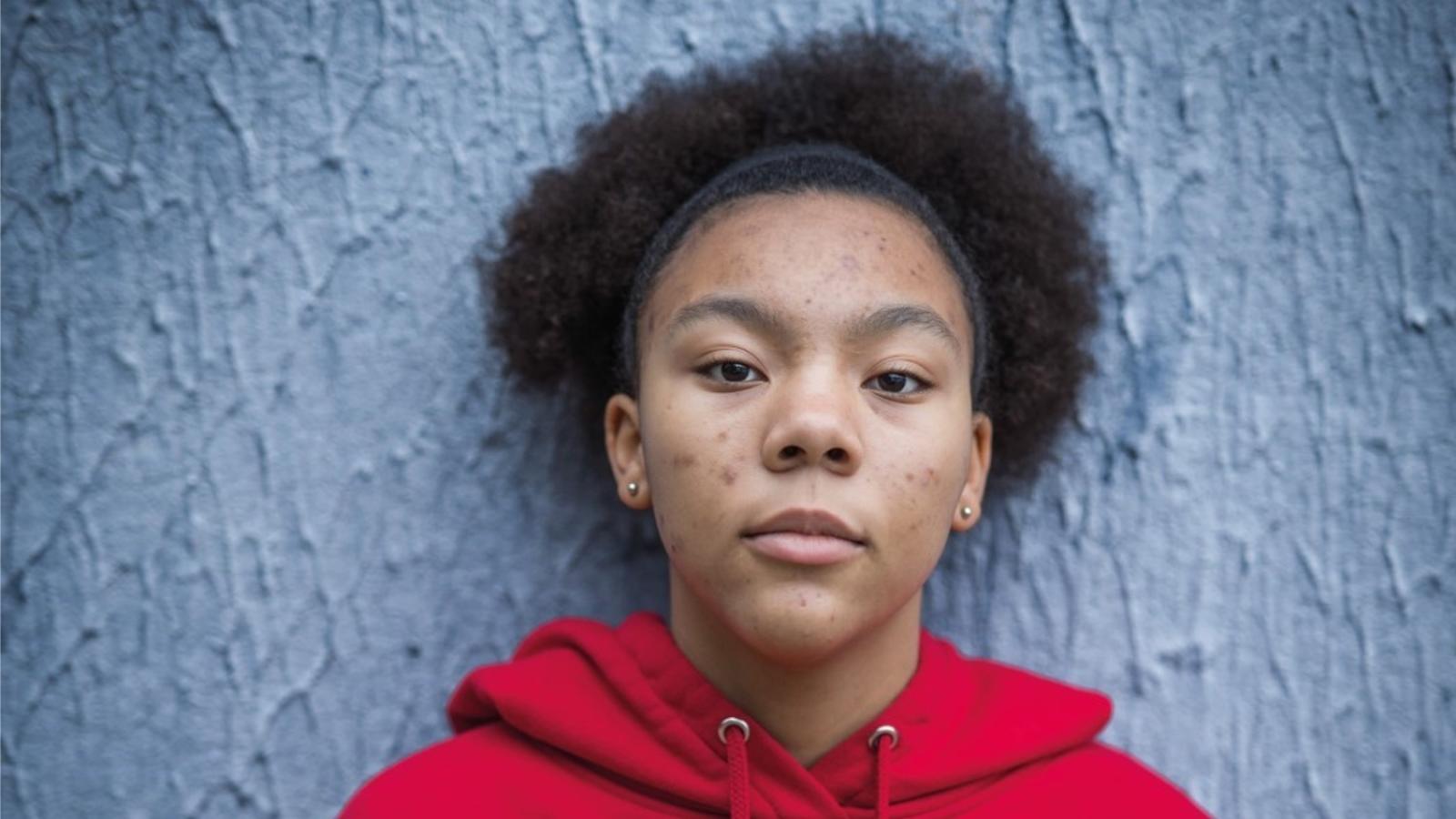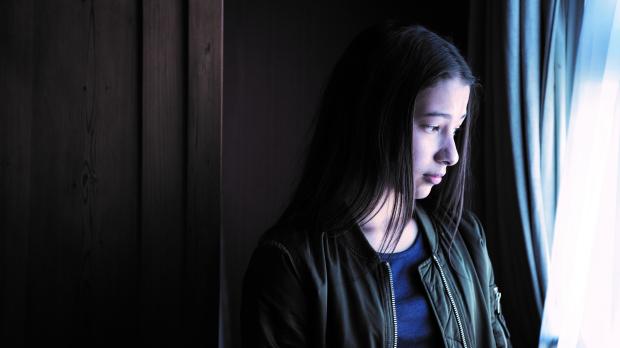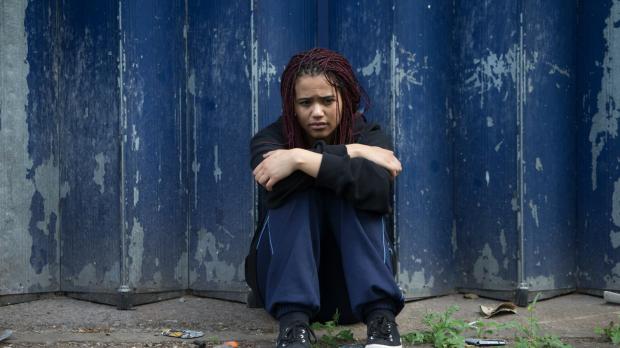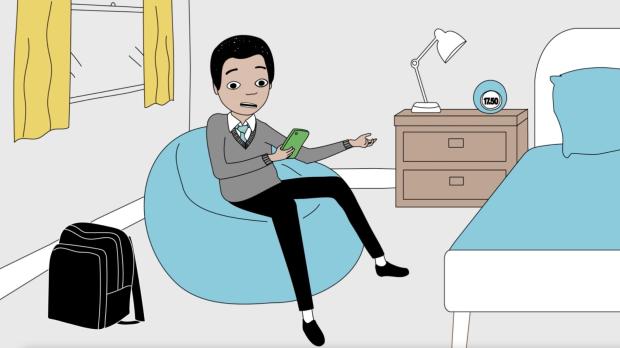What is online grooming? What does county lines mean? What does it mean if a young person is in a gang? What's CSE or CCE?
Terms like these are frequently used when discussing the exploitation and abuse of children. However we should think carefully about the language choices we make. Children and young people who have experienced abuse or exploitation tell us the words used by those around them can make them feel like they’re to blame for what happened to them. This is never the case. These children should never be viewed as culpable, deserving of, or in any way responsible for their own abuse or exploitation.
Bethan Kelly, our National Programme Development Manager for Child Sexual Abuse and Exploitation, is an expert in supporting children and young people who’ve been sexually or criminally exploited and abused. She talks us through common terms used when discussing exploitation and abuse, the language we all should use and why.
On this page find definitions for:
child criminal exploitation (CCE) | child sexual abuse materials (CSAM) | child trafficking |
county lines | child sexual exploitation (CSE) | gang/gang member | grooming/online grooming | victim/survivor
Those who have been subjected to abuse or exploitation tell us it is essential that the language we use is founded on strong principles of respect, understanding of the context in which abuse, and exploitation happened and isn’t victim blaming.
Barnardo’s Language Matters Guide
What the professionals call it: Child criminal exploitation or CCE
In England, there is currently no statutory definition of Child Criminal Exploration or “CCE”. This is something we are calling for, as a legal definition improves understanding of the risk of child criminal exploitation and the support needed for children affected by it.
The definition we propose is: “Child criminal exploitation is when another person or persons manipulate, deceive, coerce or control the person to undertake activity which constitutes a criminal offence where the person is under the age of 18.”
Exploitation can take place online, offline or can often involve both.
We try to avoid abbreviating child criminal exploitation to "CCE" where we can as we do not want to simplify the experiences of young people, confuse or alienate anyone. However, we recognise that this is an acronym that is commonly used by people working in this area.
What you may have heard: County lines
County lines is a form of criminal exploitation. It is when criminals befriend children, through online or offline means, and coerce them into drug dealing or other related activities between different geographic areas. This is often, but not always, between cities and smaller towns or rural areas.
Often when adults talk about children being involved in “county lines” they’re seeing these children as criminals rather than as victims of criminal exploitation. This can lead to children not getting the support and protection they deserve and need.
Bethan Kelly
National Programme Development Manager for Child Sexual Abuse and Exploitation, Barnardo's
When children are exploited for the purpose of county lines they are sometimes viewed as benefiting from the situation as they may be receiving some form of payment through money, luxury items or gifts. This suggests the child has a choice and is consenting to their abuse, but no child consents to their own exploitation. Children in these situations always need to be recognised as victims of exploitation.
While such views are commonly seen in the media or held by law enforcement agencies, we will always actively challenge such views and use language that reflects the threat, coercion and manipulation children are exposed to by those who harm and exploit them.
What the professionals call it: Child sexual abuse materials (CSAM)
The terms "child sexual abuse images" or "child sexual abuse materials" (CSAM) are used to describe sexually explicit images and videos of children. We do not use the term "child pornography" as it gives a misleading and potentially trivialising impression of what is a very serious form of sexual abuse and a crime.
By shifting from the term "child pornography" to "child sexual abuse material," we acknowledge the gravity of the crime and focus on the harm inflicted upon children rather than the illicit nature of the content.
Bethan Kelly
National Programme Development Manager for Child Sexual Abuse and Exploitation, Barnardo's
What the professionals call it: Child sexual exploitation or CSE
Child sexual exploitation or "CSE" is a form of child sexual abuse. It occurs where an individual or group takes advantage of an imbalance of power to coerce, manipulate or deceive a child or young person under the age of 18 into sexual activity. The victim may have been sexually exploited even if the sexual activity appears consensual. Child sexual exploitation does not always involve physical contact. It can also occur through the use of using technology such as through phones, tablets, social media and gaming apps. It's important that people recognise that exploitation is a form of child sexual abuse and should be seen as such.
It’s important to remember that abuse and exploitation occurs when those who want to harm do so and that all children and young people are vulnerable to abuse because of their age, lack of power and status in society. It is the responsibility of those adults around children to always be vigilant and create opportunities and space to listen and talk with children.
Bethan Kelly
National Programme Development Manager for Child Sexual Abuse and Exploitation, Barnardo's
Child sexual exploitation can include but is not limited to:
- contact or non-contact sexual activities with one or more person(s)
- coercing children into producing self-generated indecent images or videos
- the sharing of images and videos
People working in this area often shorten it to “CSE”. We try not to do this because we do not want to confuse or alienate people. We also don’t want to simplify the experiences of young people.
Child sexual exploitation often includes actual violence or the threat of violence towards the child or their family which may prevent the child from disclosing the abuse, or exiting the cycle of exploitation. It is important to remember that on some occasions as a result of grooming, the child may not perceive any abuse at all.
What you might have heard: Child trafficking
"Trafficking involves the recruitment or movement of people for exploitation by the use of threat, force, fraud, or the abuse of vulnerability" (Office for Health Improvement and Disparities, 2022). Modern slavery is a common term for all kinds of slavery, trafficking and exploitation.
Children who are trafficked for the purpose of exploitation, may not always recognise that what is happening to them is exploitation, or may possibly be too afraid to seek help due to a threat of harm towards them, or in some cases to their friends and family.
Bethan Kelly
National Programme Development Manager for Child Sexual Abuse and Exploitation, Barnardo's
Children can be smuggled or trafficked into the UK from many parts of the world to be exploited. However, some children are trafficked by being smuggled out of the UK, moved between places in the UK and even relocated from house to house in their local area. They are often moved away from their family and friends so that they can be isolated and controlled by traffickers.
When those who harm abusers befriend and groom a child, they can sometimes lead the child to believe they’re in a loving "relationship." A child may experience feelings of guilt, shame or that they are the ones to blame for their abuse, but this is never the case.
Bethan Kelly
National Programme Development Manager for Child Sexual Abuse and Exploitation, Barnardo's
Grooming can take many different forms and over varying periods of time. The control and alienation of children (where they are isolated from friends and family), is done in different ways including force, threat and blackmail, befriending and giving gifts. People who groom children often develop their relationship with the child in secret.
It is abuse and, the harm does not come at the end of a grooming process, the whole process is harmful.
Grooming can take many different forms, and does not follow a particular model, pathway or “grooming line”, this description is inaccurate and can oversimplify what happens. Get more information about what experts like Bethan know about abuse.
The media's portrayal of gangs and youth violence is frequently influenced by stereotypes that unfairly target specific groups. This can lead to the stigmatisation and marginalisation of certain communities, further exacerbating inequalities. It is crucial that we always consider our language to avoid perpetuating stereotypes.
Bethan Kelly
National Programme Development Manager for Child Sexual Abuse and Exploitation, Barnardo's
The term "gang" carries negative connotations that can influence professionals to make negative and incorrect assumptions of children, such as that they might willingly choose to join and can also shift blame onto them rather than recognizing the role of grooming and exploitation by others.
We might use the word gang if this is how a young person refers to a group, but usually we try to describe the specifics of a situation.
Victim/Survivor
Children who have been abused are victims of a criminal act. However, this term can in some cases stop children being seen as children, giving an impression that there is something wrong with them, that requires fixing. The term has also been criticised for invoking a sense of pity, suggesting a weakness or helplessness that children may or may not identify with.
I want people to know that people like me "are people". It’s so easy to sit and hear someone’s story and [think] “oh, that’s a shame” – we’re people too, there needs to be a change.
Young person
Quoted in Barnardo’s Language Matters Guide
The term "survivor", was developed by adults who had been subjected to childhood abuse and did not want to be labelled as victims. However, many adults who have been subjected to child sexual abuse challenge this term as inaccurate in relation to their journeys. Labelling someone as a victim or survivor also encourages a focus on the individual rather than the experience and those who harmed. It also doesn’t look at the wider context of children’s lives, making the abuse or exploitation they have been subjected to the ‘most important’ aspect of their lives.
At Barnardo's when we are sharing the experiences of the children and young people we support, we are led by how they want to be described. When we're talking about more than one person, or we don't know what they would prefer, we avoid saying they are either a victim or survivor. Instead, we use factual and descriptive terms which don’t convey inaccurate and offensive messages, for example "children who have been criminally exploited" or "children who have been sexually abused."
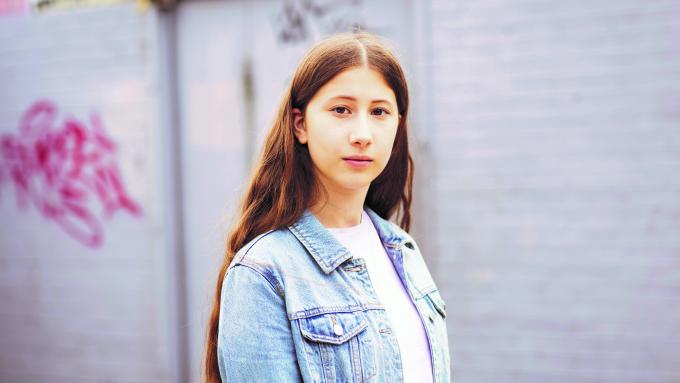
Support keeping children safe from harm and child abuse
Child abuse is when a child is harmed by an adult, another child, or a group of adults or children. It can be physical, sexual, financial, psychological and emotional. Learn more about specific types of harm and abuse.
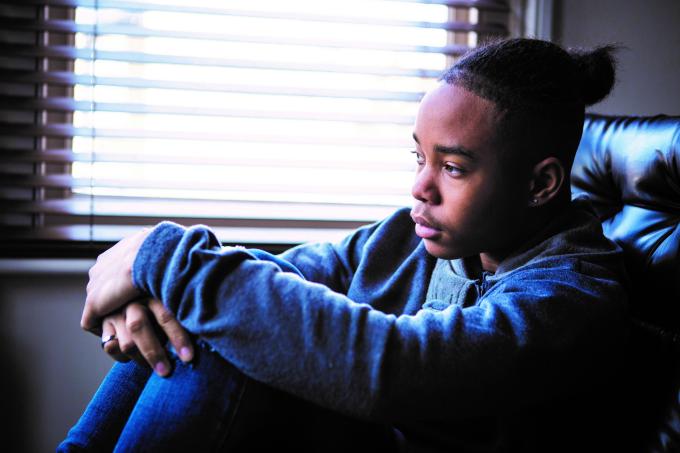
Child sexual abuse and exploitation
Learn more about child sexual abuse (CSA) and child sexual exploitation (CSE) from our specialists.

Criminal exploitation of children
Learn more about criminal exploitation of children, or child criminal exploitation (CCE) as it’s known, from Barnardo's experts who work in this area.

